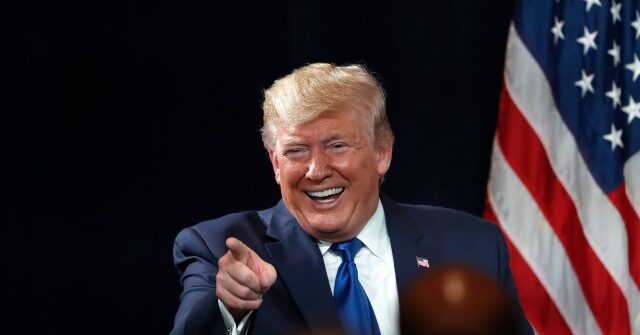As the date for President-elect Donald Trump’s inauguration approaches, more than a dozen congressional Democrats are opting to skip the event entirely. Rep. Bennie Thompson (D-MS), former chairman of the January 6 select committee, expressed his reluctance, citing Trump’s previous threats to “lock him up.” His sentiment reflects a broader unease among some members of the Democratic Party about attending a ceremony that symbolizes the incoming administration, particularly following the events of the January 6 insurrection and the contentious nature of Trump’s presidency. For many Democrats, attending the inauguration is overshadowed by the tension and division that have characterized Trump’s time in office.
Several Democrats are framing the timing of the inauguration as an opportunity to engage in activities honoring Martin Luther King Jr. Day instead. Rep. Ilhan Omar (D-MN) articulated this perspective, suggesting that the celebrations in honor of King provide a compelling reason to avoid the inauguration, especially given the potential for chaos in the nation’s capital. Other members echo similar concerns about safety and security, particularly as tensions remain high within the political landscape. Rep. Delia Ramirez (D-IL) expressed her apprehension as a Latina, indicating that she does not feel “safe” attending such a politically charged event.
Rep. Adam Smith (D-WA) shared a more individualistic view, noting that he rarely attends inaugurations, having only participated in two during his nearly three decades in Congress. His statement highlights a contrasting approach among lawmakers, with some seeing attendance as a personal choice rather than a mandated duty. Axios reported that out of the House Democrats, thirteen are already confirmed not to attend, while 20 remain undecided, and 44 plan to be present at the inauguration. On the Senate side, the numbers are similarly split, with ten Democrats undecided and eleven planning to attend.
Notably, Sen. Jacky Rosen (D-NV) articulated her commitment to attending, underscoring the importance of peaceful governmental transitions and respect for the presidency, regardless of personal feelings about the incoming administration. She represents those who believe that participation in the inauguration is crucial for upholding democratic norms, even amid divisive rhetoric and political animosity. This commitment to tradition provides a stark contrast to the sentiments expressed by those who are choosing to stay away.
Further contributing to the discourse, Rep. Steve Cohen (D-TN) referenced his own traumatic experience during the January 6 insurrection, when he was forced to seek safety in his office. His unwillingness to partake in what he views as a troubling spectacle resonates with many who continue to grapple with the implications of that day for American democracy. Meanwhile, Rep. Becca Balint (D-VT) acknowledged the varied responses among progressives concerning the inauguration, stressing the need to reestablish norms within governance even as they express dissent towards the incoming administration.
Amidst these discussions, some lawmakers and observers question the significance of attendance at the inauguration itself, with figures like Sen. Bernie Sanders (I-VT) downplaying the importance of such inquiries. His flippant remark suggests a desire to shift focus away from the ceremonial aspects of governance to more pressing issues facing the nation. This divergence in perspectives among Democrats reflects a broader narrative of resistance, caution, and varying levels of engagement with the institution of the presidency, as the nation braces for a significant political transition in January.

